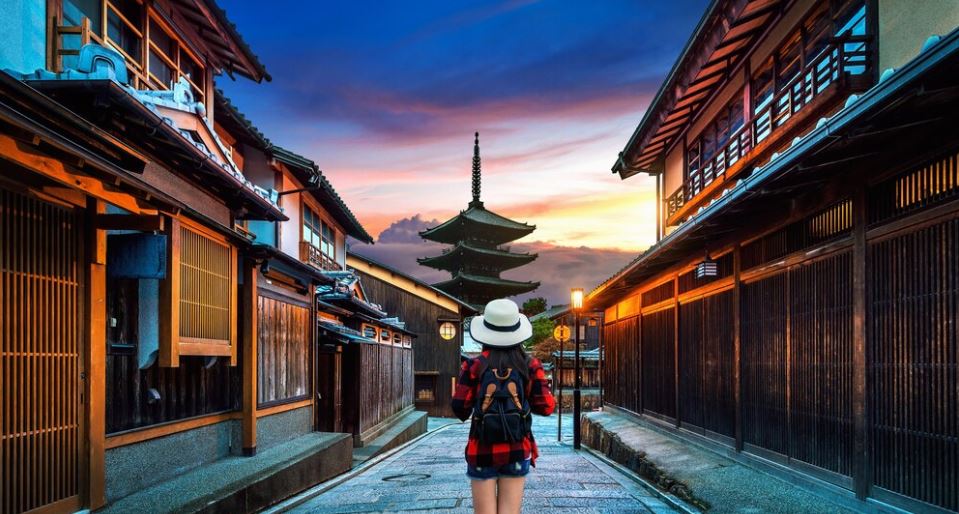Experiential Travel – Wikipedia tells us “Experiential Travel, also known as immersion travel, is a form of tourism in which people focus on experiencing a country, city or particular place by actively and meaningfully engaging with its history, people, culture, food and environment. It can often be transformative.” It’s about getting under the skin of a place. Compare this to mass tourism which focuses on lots of quick sightseeing jaunts or lounging by the pool or on a beach.
For many in the developed world, over the last few years, it feels like we’ve been couped up and now we want to get out and have an adventure. As the world emerges from the Covid-19 pandemic many more people are looking for immersive experiences looking for discovery and cultural immersion.

Making connections sits at the heart of experiential tourism. Having a chef-led tour of a hotel’s walled herb garden in England, visiting a family and joining them for an evening meal in Spain, or having a local citizen take you inside a Shinto temple in Japan for a vegetarian lunch- these are all attempts to “get to know” the destination and connect more deeply. People, especially repeat visitors, want this more personal experience; they want to be challenged, changed, affected, and even somehow improved.
One of the hidden benefits of experiential tourism is the way it can challenge a person’s stereotypes of other people and communities (consciously or subconsciously).
Meaningful interactions prompt us to question our own preconceptions and learn more about other places and people.
But is this experiential tourism trend universal and inevitable? What about those holidaying on a limited budget? What about the first-time Asian visitor looking to win as many European sightseeing trophies as possible? There are still big segments of travellers for whom experiential tourism is not yet on their agenda.
So what are the chief characteristics of experiential tourism:
- Destinations and experiential travel companies state it’s about giving customers deep emotional connections with the places they visit.
- People are looking to ‘do’ things on holiday, rather than spending time just switching off and relaxing. They want to be active and immerse themselves in the destination and gain new experiences. Films, TV and social media can prompt this behaviour.
- Personalisation- getting away far from the maddening crowd and having an intimate experience sit at the core of experiential tourism. It’s about having a “conversation” with the destination that speaks to the values of the traveller.
- It helps to be shareable- is the experience Instagrammable? Many DMOs seem to be prioritising their destination as great for posting stories and images to stand out from competitors.
- It’s claimed this kind of travel supports a more sustainable and lower impact tourism. Smaller number of visitors spreading out across the seasons and across the destination have a lighter footprint than large numbers of people concentrating in a few peak months is a few honeypot locations.
In conclusion Covid-19 and the lockdowns and limitations of our freedoms of movement means many are thinking about how they travel and the impact they are having on the people and places visited. The opportunity for DMOs, travel and tourism businesses is to interpret these consumer inclinations and package and offer holidays as “experiential.”
Done well this generates a marketing advantage and differentiates one holiday offer from another. And we all might appreciate our world even more and not take so much for granted.
If you would like to know how LVG Learning can help you strengthen your experiential tourism efforts do contact us. We have training courses to help suppliers, employees or buyers.
Investing in people in today’s tough trading environment is a sure fire way to get ahead of the competition. We’re here to help, do give us a call.
- Keith Beecham

